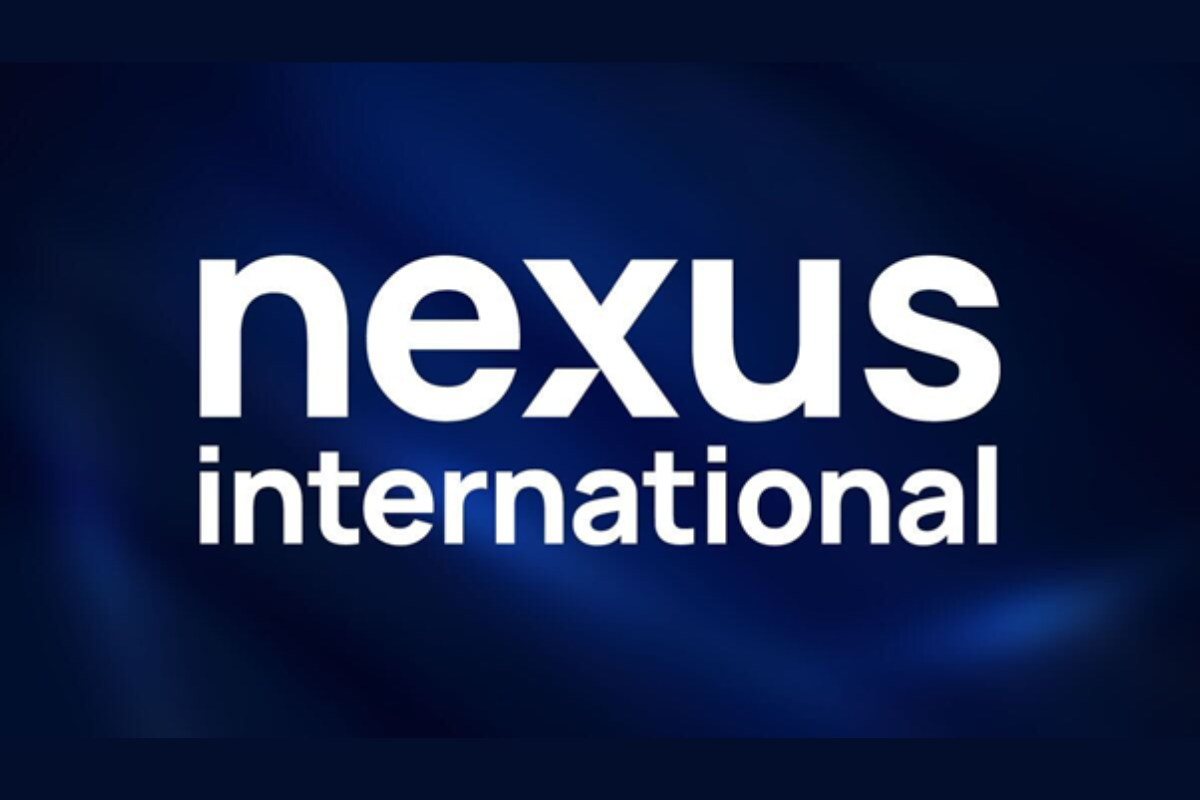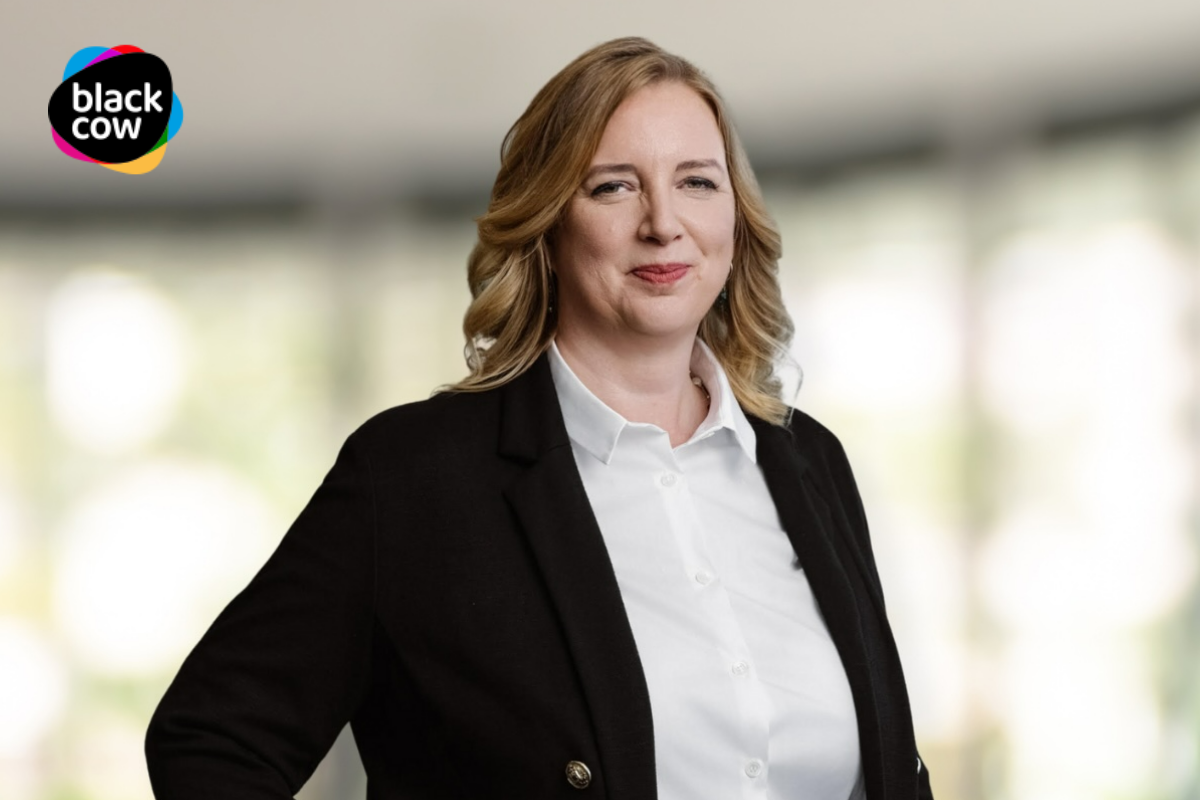Compliance Updates
How payments can drive iGaming operators’ growth as they navigate an evolving regulatory landscape
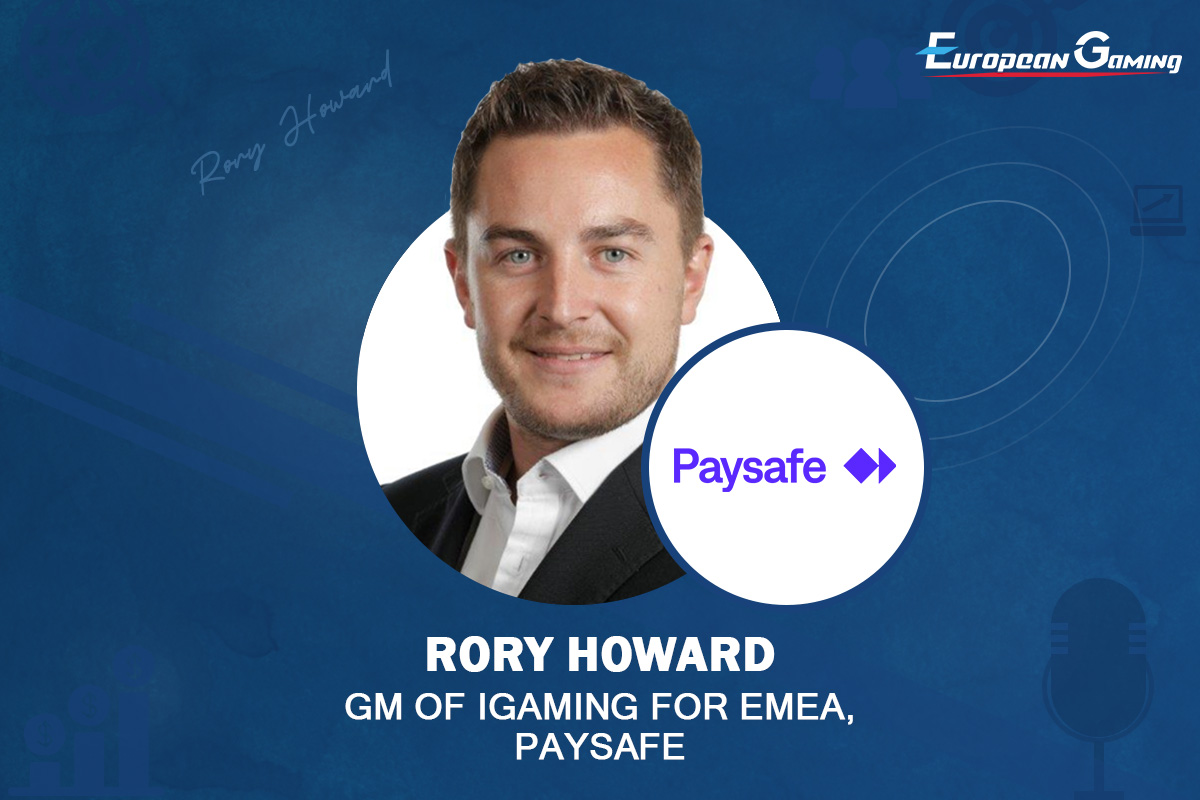
With iGaming regulation changing in multiple European and Latin American markets, Paysafe’s Rory Howard considers the invaluable role of payments
By Rory Howard, GM of iGaming for EMEA, Paysafe
After enacting new gambling legislation at end-2023, Brazil is expected to launch its iGaming market on January 1st. With 215m people, Latin America’s most populated country is almost certain to rapidly become a major global jurisdiction. Annual gaming revenue is forecast to grow to $4.9bn within five years, according to Vixio.
While the new Brazilian market offers an important opportunity for operators, licensing includes significant regulations to negotiate, including around payments. With other markets also enacting or considering more robust iGaming regulation, the operators that successfully navigate this new space can make change pay.
From Sao Paulo to Sweden via the UK
In April, Brazil published an Ordinance on operators’ payment requirements, preventing players from depositing using credit cards, cash, cheques, pay slips, bank slips and cryptocurrencies. Withdrawals of winnings will only be possible via electronic transfer between the operator and the player’s bank account, which must be a financial institution authorized by the Brazilian Central Bank.
Such restrictions, especially around credit cards, are part of a broader global trend to promote responsible gambling. In neighbouring Argentina, the Buenos Aires legislature is currently considering a bill to ban credit cards and social assistance debit cards for online betting in the capital region’s regulated market.
Over in the UK, operators have not been able to offer credit card deposits since the Gambling Commission restricted this in April 2020. More recently, the UK government’s Gambling Act Review white paper, which was released in April 2023, has resulted in more robust know your customer (KYC) checks for operators, including on affordability. From August all UK bettors depositing a net £500 needed to be checked, lowered to net deposits of £125 from February.
And UK operators are also facing marketing restrictions. From summer 2026, front-of-shirt Premier League football club sponsorships will no longer be an option following the association’s voluntary ban. In addition, the government is currently considering whether bonuses should be tightened, though it appears unlikely that the UK will go as far as Brazil’s complete ban on bonusing and free bets.
The UK isn’t the only European country strengthening its iGaming regulatory framework, with Sweden only allowing operators to offer players a single sign-up bonus following the Scandinavian country’s re-regulation of the market in 2019. More recently, the Swedish gambling regulator has come out in favour of the government’s proposed ban on credit cards for iGaming from April 2025.
Playing and paying it forward
With Sweden’s eastern neighbour, Finland, looking to liberalize its government monopoly with a licensing system for private operators by early 2027, the only constant when it comes to iGaming regulation is change. While regulatory change providers operators with opportunity, they need to have a solid strategy in place.
The global regulatory space is highly complex and diverse, so it’s essential for operators to develop a robust compliance framework that covers all the different legal requirements for each global market. Against the backdrop of the responsible gambling shift, KYC protocols have never needed to be more granular, requiring automation and specialised software for the highest accuracy and efficiency.
Payments are an indispensable element in negotiating the new regulatory landscape. Every market is unique, including when it comes to payments. If a jurisdiction restricts credit cards or other payment methods, operators’ cashiers need to include alternatives such as digital wallets, eCash or even pay-by-bank options to ensure players don’t abandon a brand before they become a customer.
With markets restricting bonuses and other marketing channels like sponsorships, operators need to ensure they are getting payments right. Payments – including quick payouts and deposits and the availability of preferred payment methods – are much more important factors in players’ selection of online sportsbooks than sign-up offers and sports sponsorships, according to Paysafe’s 2024 research.
More broadly, it’s also vital for operators to choose the right payment provider. Partnering with a payments company with global experience and which offers a comprehensive range of its own and third-party payment solutions, including local payment methods (LPMs) like Brazil’s Pix, will enable operators to effortlessly tailor their cashiers to a particular market.
Whether in Brazil, Argentina, the UK, Sweden or Finland, the global iGaming market is diversifying from a regulatory perspective. While the changing space poses significant challenges, it gives savvy operators an opportunity to ensure their brands and cashiers are not only compliant but have a completive edge that will ultimately pay out.
Rory Howard
As General Manager for iGaming in the EMEA region at Paysafe, Rory oversees the company’s online gambling business in the U.K. and continental Europe as well as neighbouring regional markets. He has close to 20 years’ experience in payments and fraud analysis, with a strong focus on the iGaming space. Rory’s previous roles include payment leadership positions at The Rank Group, Racing Stars, Gamesys, and Eyas Gaming.
-

 Africa5 days ago
Africa5 days agoQTech Games wins Best Innovation of the Year at the 2025 SBWA+ Eventus Awards
-
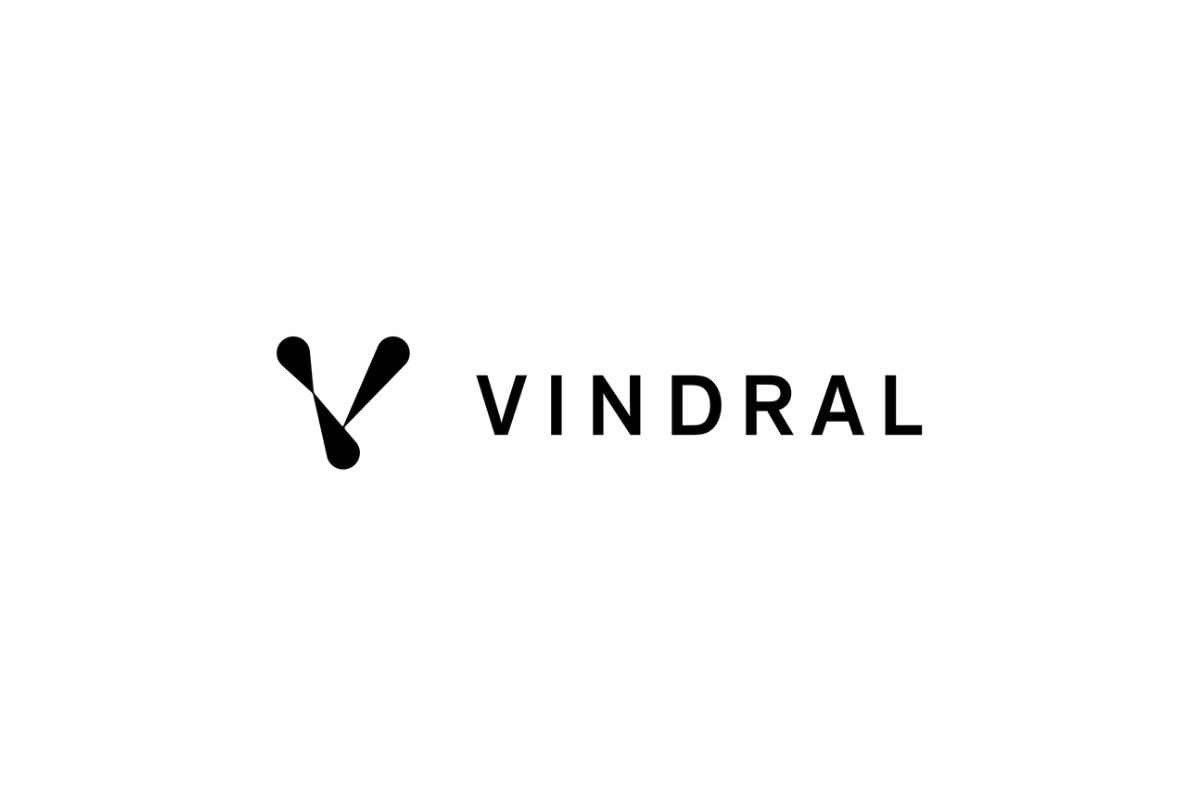
 Latest News5 days ago
Latest News5 days agoVindral appoints Henrik Fagerlund as Chairman of the Board
-

 Asia5 days ago
Asia5 days agoNODWIN Gaming and JioStar Unveil OnePlus Android BGMS Season 4
-

 Latest News5 days ago
Latest News5 days agoCalema to Perform at Legends Charity Game in Lisbon
-
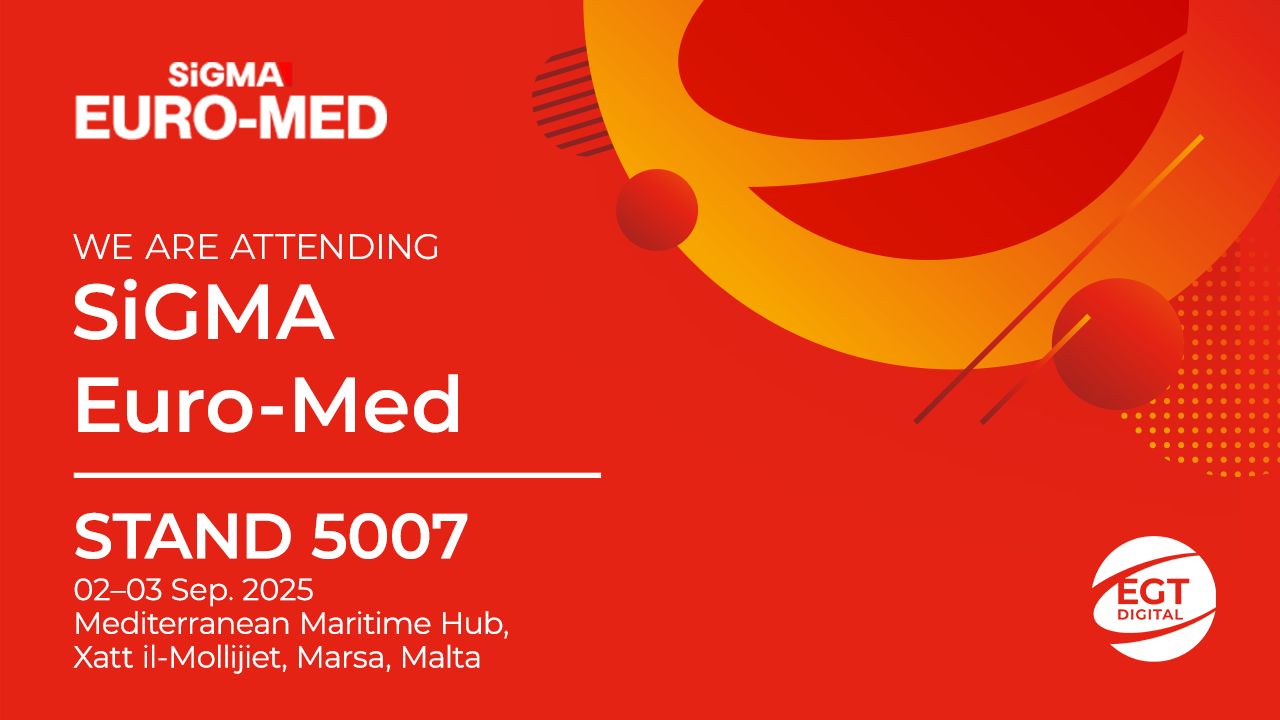
 Conferences in Europe5 days ago
Conferences in Europe5 days agoEGT Digital and EGT to rock the show at SiGMA Euro-Med 2025
-

 Latest News5 days ago
Latest News5 days agoPush Gaming redefines its portfolio, unveiling new game categories and sub-brand for extended player reach
-
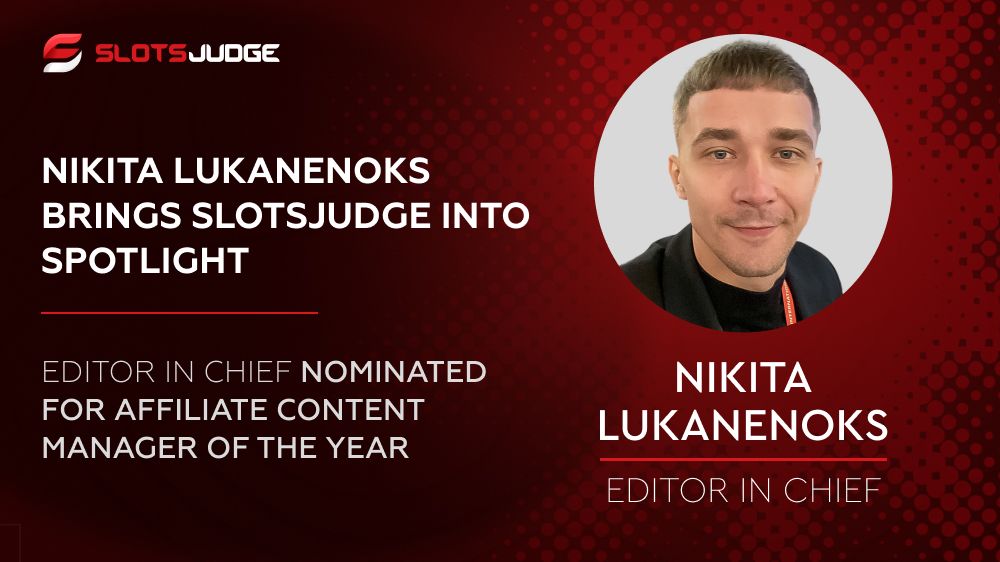
 Affiliate Industry5 days ago
Affiliate Industry5 days agoNikita Lukanenoks Brings Slotsjudge Into Spotlight With Affiliate Leaders Awards 2025 Nomination
-

 Latest News5 days ago
Latest News5 days agoThunderkick returns for an even fierier fiesta in Carnival Queen 2








